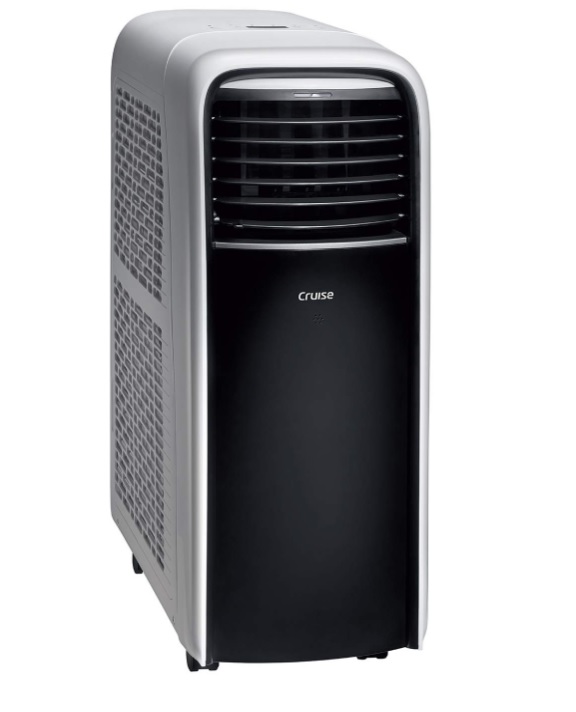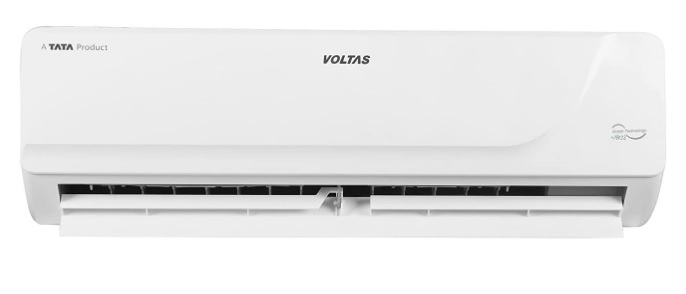
One of the significant issues regarding Air conditioners is the “water leakage problem”. We have seen many people complaining about Water leaking from the AC. Most people need to learn the exact reason behind the water leakage and are posting questions on various Q&A forums like Quora. So today, in this article, we have decided to answer it simply so that anyone can understand the main reason behind water leakage in AC.
Why is my Air Conditioner leaking Water inside my home?
Several different factors contribute to this issue. We will explain each factor very clearly.
Note: The first and most crucial step is to turn off the thermostat” on your AC.
To prevent more damage, however, you must first ensure that the thermostat on your air conditioner is set to the “Off” position.
If you want to know why Water is leading from the AC, first, you need to understand how Water accumulates on your air conditioner.
Recommended : Best Gas for Air Conditioner
How and Why does Water form in an Air Conditioner?
The evaporator coil plays a significant role in cooling the warm air blown across your air conditioner’s inside unit. For the same reason that water droplets form on a cold glass of Water on a hot day, condensation (moisture) will occur on the coil as a result of this.
After dripping into a drain pan, the moisture on the coil travels down a condensate drain line, a white PVC pipe that leads out of your home.
Because the drain pipes lead out of your house, you won’t find any water leaking from your air conditioner as long as they operate as they should.
Despite this, there are a significant number of ways in which this process can fail. If you see that even a single component is not functioning correctly, you may have to deal with a leak.
When you are dealing with an air conditioner that is leaking water inside your home, it is crucial to understand the sources of the leak and to take the required safeguards to prevent additional disruptions.
Having an understanding of the process by which water is formed within the air conditioning system is essential in order to explain the water leaks. In the same way that droplets form on a cold glass, condensation is produced when warm air travels over the evaporator coil that is located inside the indoor unit of the air conditioner. Typically, this moisture is collected in a drain pan, then it is sent through a condensate drain line, and finally it is discharged outside of the residence.
Water leaking inside your home from AC : Multiple Factors
On the other hand, water leaking inside your home might be caused by a number of different factors:
- A condensate drain line that is clogged: The accumulation of dust, debris, or mold can choke the drain line, which can result in water backing up into your home.
- A drain pan that is damaged or rusted: The drain pan of older air conditioning units may be corroded or damaged, which leaves the drain pan open to water seepage.
- The condensate pump is broken: If the pump that is responsible for transferring water outside is not functioning properly, it will not pump water out as it was designed to.
- A dirty air filter: An air filter that is blocked can cause the evaporator coil to freeze and then thaw, which results in an excessive amount of water being extracted from the system.
- Insufficient refrigerant: inadequate levels of refrigerant can cause the evaporator coil to freeze, which then results in an overflow of water when the water melts.
It is possible to use an air conditioner that is leaking, but it is recommended that you turn it off and inspect it for the following typical reasons:
If your drain line is clogged, you can either use a wet/dry vacuum or seek the assistance of a professional to unclog it.
A damaged drain pan: If the pan is old and rusty, you might want to think about replacing it.
Failure of the condensate pump: If the pump is not functioning properly, it should be repaired or replaced.
In order to prevent problems with airflow, it is important to check and replace the air filter on a regular basis.
Low refrigerant: If the air conditioning unit is leaking, you should check for leaks and consider either repairing it or replacing it.








